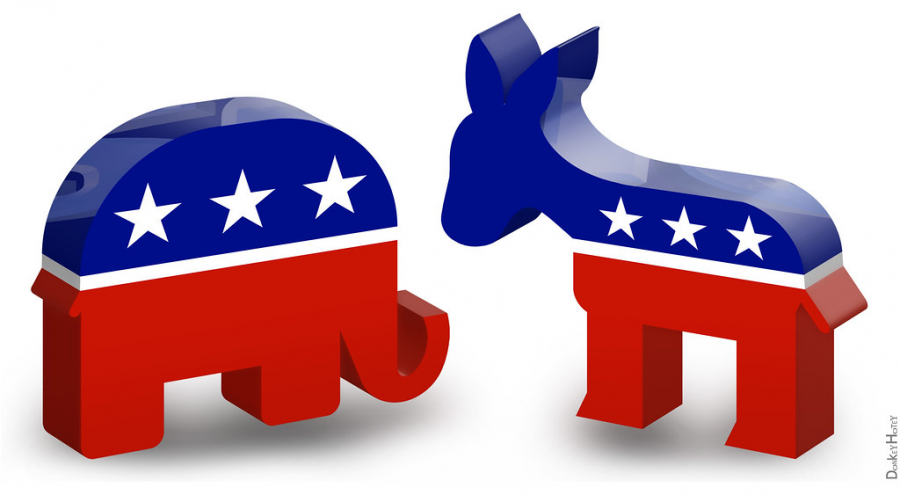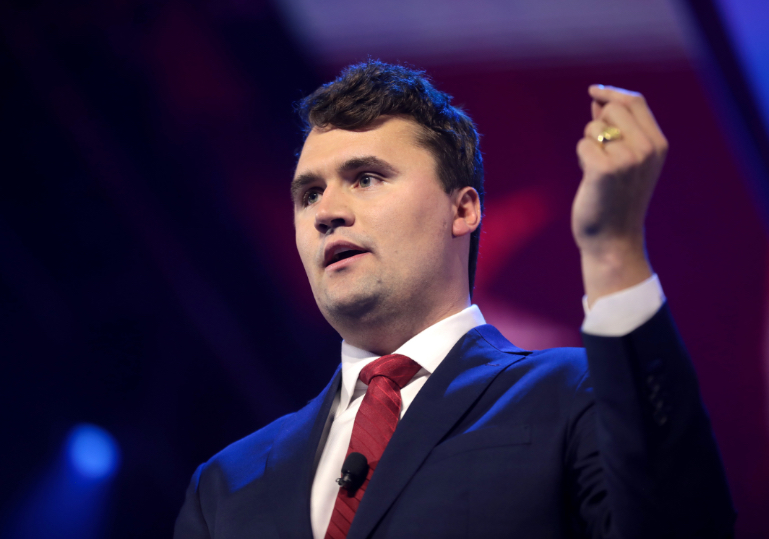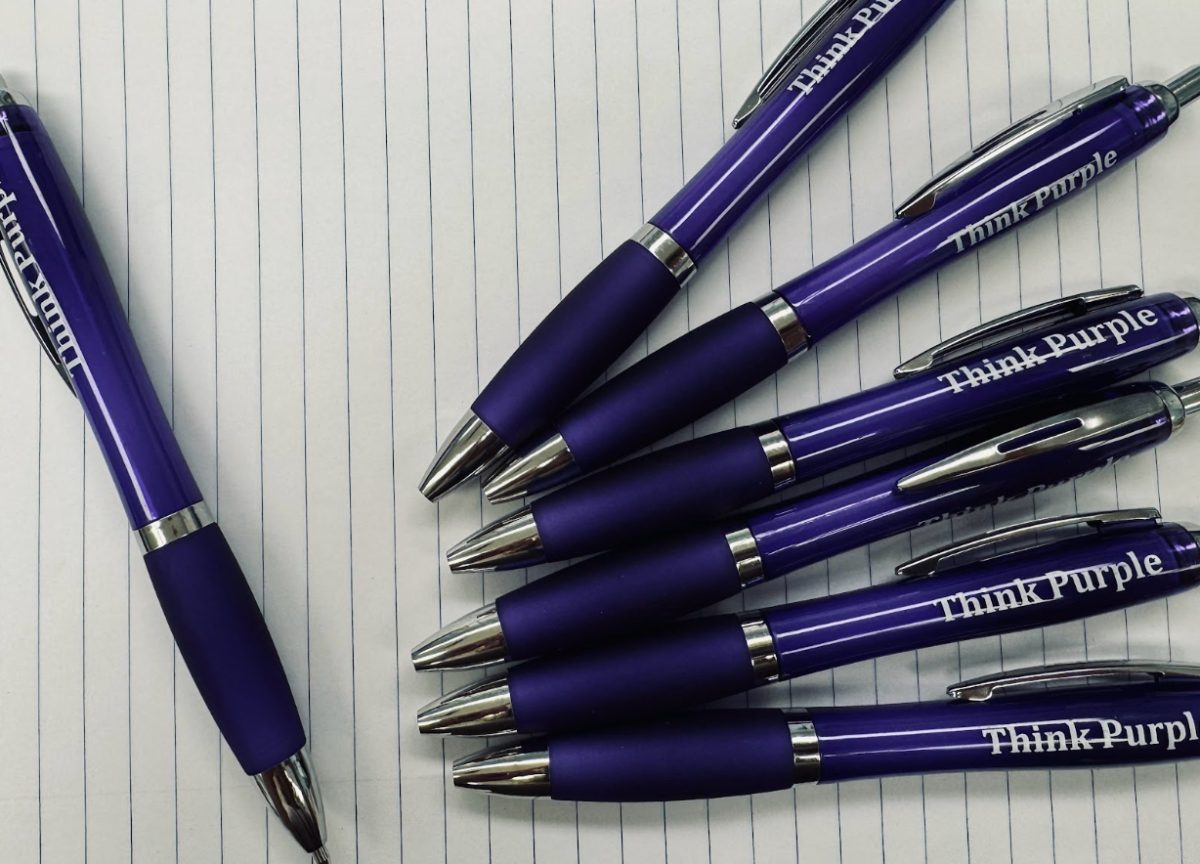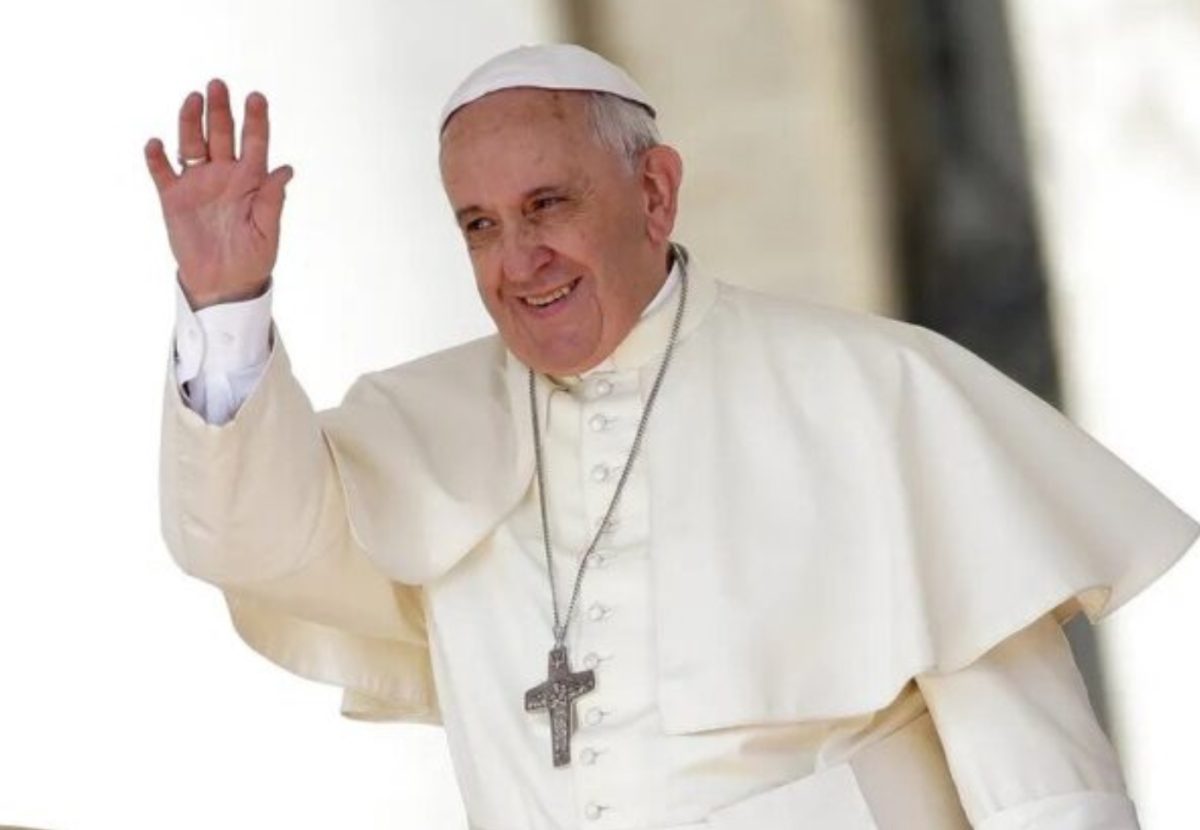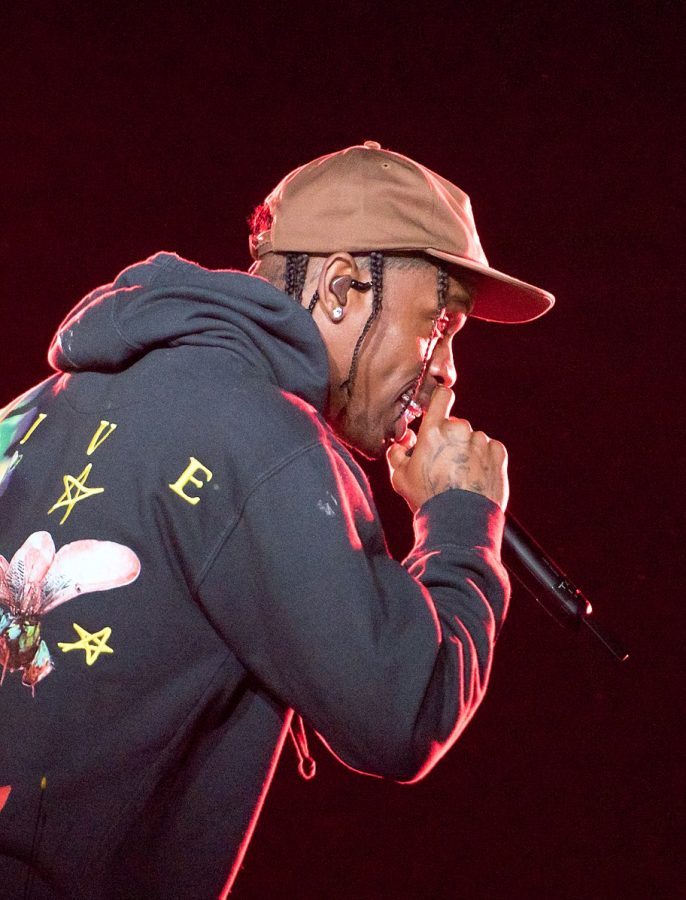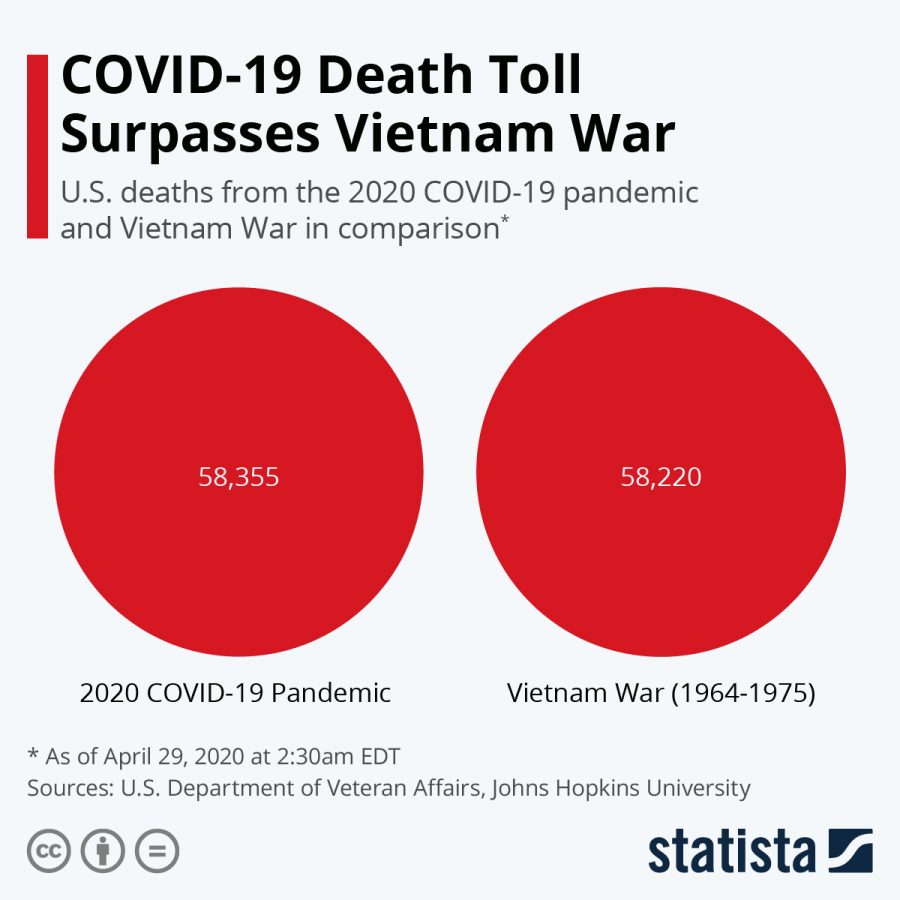Super Tuesday, a decisive day that can make or break a presidential campaign, has passed. Although votes are still being tallied, the winners and losers of Super Tuesday are clear, and the race for the Democratic nomination has narrowed significantly. So, without further ado, here are 3 main takeaways from the Super Tuesday primaries.
- Biden leads the pack
Throughout the early days of the Presidential Primaries, Biden’s campaign suffered greatly due to low voter turnout. Racking up only 15 delegates during the Iowa Caucus and New Hampshire Primary, many expected Biden to suspend his campaign. This did not prove to be the case. After winning by a large margin in the South Carolina Primary, Biden received key endorsements from Pete Buttigieg, Amy Klobuchar, Michael Bloomberg and, most recently, Kamala Harris all of whom will be campaigning heavily for Biden in the following weeks. Solidifying himself as the premier centrist candidate, Biden’s successes during Super Tuesday has pushed him to the front in the race for the Democratic nomination. Winning in the states of Alabama, Arkansas, Maine, Massachusetts, Minnesota, North Carolina, Oklahoma, Tennessee, Texas, and Virginia, Biden received a majority of the delegates available during Super Tuesday. Currently possessing 670 delegates, and with more to come as votes continue to be tallied, Biden is in the lead.
- The race isn’t over for Sanders
While many Sanders supporters were disappointed by Super Tuesday’s results, he did not necessarily put up a bad performance. Currently, Sanders has 574 delegates, only 96 behind Biden. There is no doubt that Sanders is no longer the front runner, and that can be put down to the current divide existing in the progressive wing of the Democratic Party. With Warren still in the race during Super Tuesday, Sander’s did not receive the full strength of the Progressive vote, while endorsements from Buttigieg and Klobuchar boosted Biden as the centrist frontrunner. With Warren dropping out on Thursday, the progressive vote might soon be united under Sanders. With many debates, caucuses, and primaries still left in the race, many are hopeful that Sanders still has a chance to recover the lead and make his case to the American people, whether or not he is successful in that endeavor has yet to be seen. With that said, Warren holding out her nomination could be problematic for Sanders who will ultimately need the progressive voters plus more to win the nomination.
- The nomination cannot be bought
Former New York City mayor Michael Bloomberg entered the race for the Democratic nomination late focusing his campaign resources entirely on winning Super Tuesday and ignoring state primaries and caucuses beforehand. In hindsight, it would have benefited Bloomberg to get involved much earlier in the race, however, his Super Tuesday strategy failed. He entered the race with a clear monetary advantage, as the self-made-billionaire-philanthropist funded his campaign in its entirety. Bloomberg flooded national news channels with advertisements that made his name known along with deploying large numbers of campaign staffers in every Super Tuesday state. Bloomberg was cited as spending approximately $560 million on advertisements – ten times more than the pre-Super Tuesday frontrunner, Bernie Sanders. Super Tuesday presented a total of 1,357 delegates that could be won by candidates. While the exact votes are still being counted, Bloomberg only received about 60 of those while only winning American Samoa and dropping out on Wednesday. The course of Bloomberg’s campaign proves to the United States that elections cannot be bought and it is the will of the people that ultimately decide the tide of the country.


